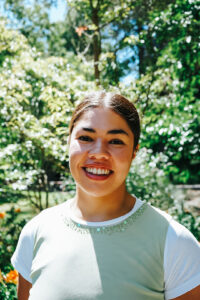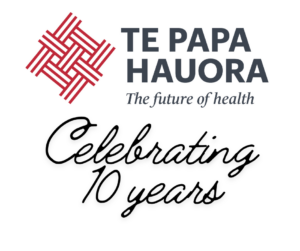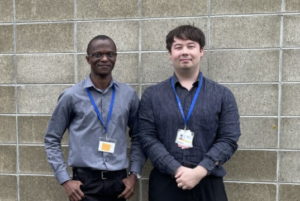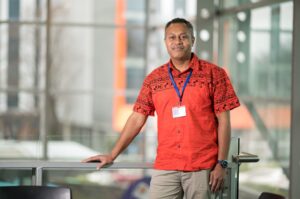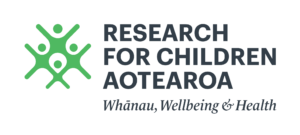Our People
The Research for Children Aotearoa collaborative brings together established Research Institutes, organisations, and communities to advance equitable, innovative, world-leading research for children. Proudly supported by Te Papa Hauora, this collaborative fosters research excellence across disciplines to strengthen impact across clinical, medical, sociological, and educational domains.
Peter Townsend
Peter Townsend is the independent chair of Te Papa Hauora, a unique collection of stakeholders involved in health education, research and innovation in Canterbury and a dedicated physical area of Christchurch city. Te Papa Hauora is overseeing the Research for Children Aotearoa collaboration to help ‘supercharge’ the activities of the researchers and community groups involved and striving to make a difference for our children/tamariki/rangatahi and their families.
“Te Papa Hauora is strongly supportive of Research for Children Aotearoa. We already have researchers from Canterbury and Otago working together and we see Te Papa Hauora acting as an umbrella to further co-ordinate research and get better outcomes for our children.”
Our Stories
Enhancing Infant-Student Relationships through Virtual Reality and AI: A Whanaungatanga Approach
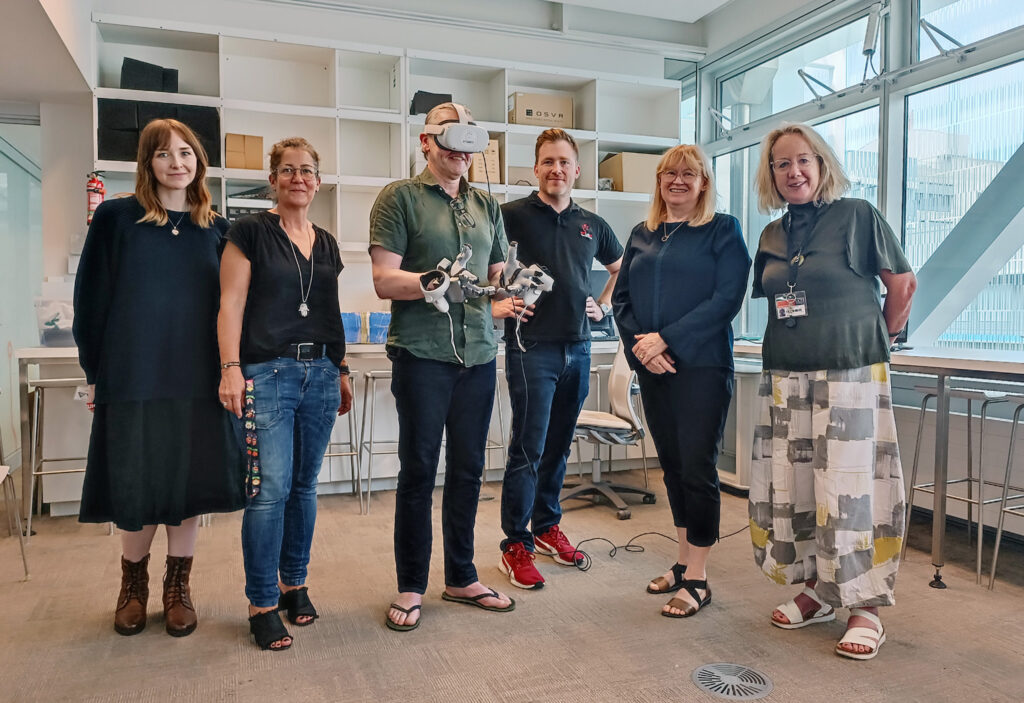
At the heart of this project is a multidisciplinary team: Associate Professor Heide Lukosch, a leader in serious gaming and simulation; Professor Jayne White, an expert in visual methodologies, dialogic philosophy, and early years pedagogies; Professor Tony Walls, Head of the Department of Paediatrics at the University of Otago, Christchurch (UOC); Dr. Niki Newman, Director of the Simulation Centre at UOC; and Dr. Ngaroma Williams, an early childhood pedagogue specializing in ECE professional practice, leadership, ethnolinguistics, and Mātauranga Māori. Together, they are developing a high-fidelity AI-driven infant simulation designed not just to replicate infant behaviours, but to foster students’ ability to sense, interpret, and intuitively respond to an infant’s needs—key relational skills necessary for effective professional encounters across education, healthcare, and social work.
Learning how to engage relationally with infants is critical for students in early childhood education, healthcare, and parenting programs. Traditional training methods often focus on technical skills, such as holding and soothing, but this project shifts the emphasis to relationship-building. The simulation provides a safe, controlled, and repeatable environment where students can practice responding to an infant’s cues, developing the confidence and competency required for authentic, responsive interactions.
The AI-driven infant will exhibit natural behaviours such as crying, cooing, facial expressions, and movement, encouraging students to engage in reciprocal interactions rather than simply executing predefined actions. By integrating advanced AI and VR technology, this project moves beyond conventional training models, creating an immersive and dynamic learning experience that mirrors real-life relational encounters.
By embedding Māori perspectives at the core of the project, the simulation reflects the diverse cultural contexts of Aotearoa. The principle of whanaungatanga—building and maintaining relationships—guides the project’s development, ensuring that the tool is inclusive, culturally responsive, and attuned to the values of connection, intuition, and relational learning.

